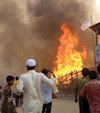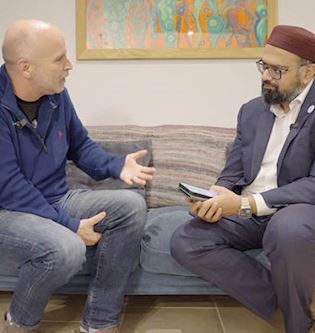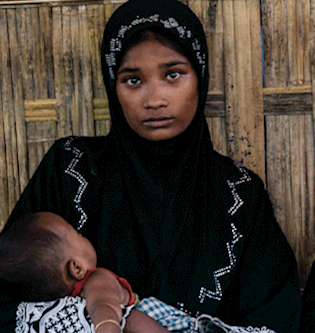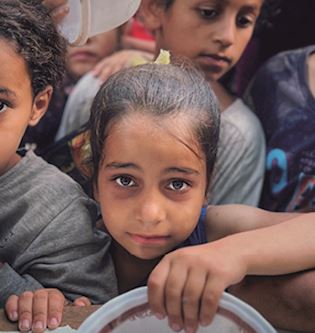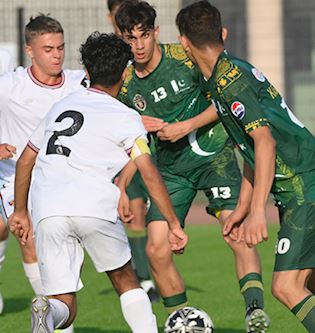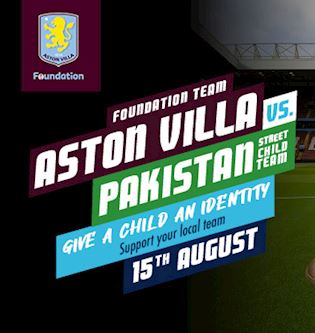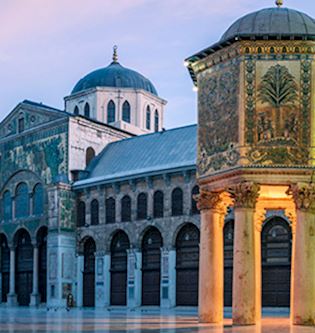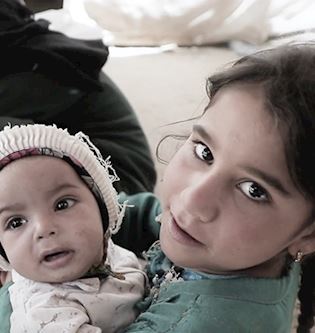All Your Ramadan Questions Answered!

With Ramadan 2024 fast-approaching, we've put together a blog to answer all your questions! For those with Muslim colleagues, for new Muslims who are fasting for the first time, and for those who need a quick refresher - this article addresses all your FAQs!
If you have something specific you're looking for, feel free to skip ahead! Here are the sections we've divided this article into:
- Basic questions about the month of Ramadan
- The purpose and benefits of Ramadan
- Ramadan words and their definitions
The rules of fasting are covered in a separate article, as there are many questions about this topic alone!
If your question isn't answered below, feel free to get in touch with us on Twitter or Facebook, or give us a call at 0115 911 722.
Without further ado, here are the answers to all your Ramadan questions:
1. Basic questions about the month of Ramadan
What is Ramadan?
Muslims follow a lunar calendar, known as the Hijri Calendar or the Islamic Calendar. Ramadan is the eight lunar month in that calendar.
Why is Ramadan important?
Ramadan is significant to Muslims for two major reasons:
- It is the month in which the Noble Qur'an was first revealed. The Qur'an is pure guidance from Allah (swt) - it is a light for mankind, and gives us hope, comfort, healing and more, while setting out how we should live our lives in order to please Allah and fulfil our purpose.
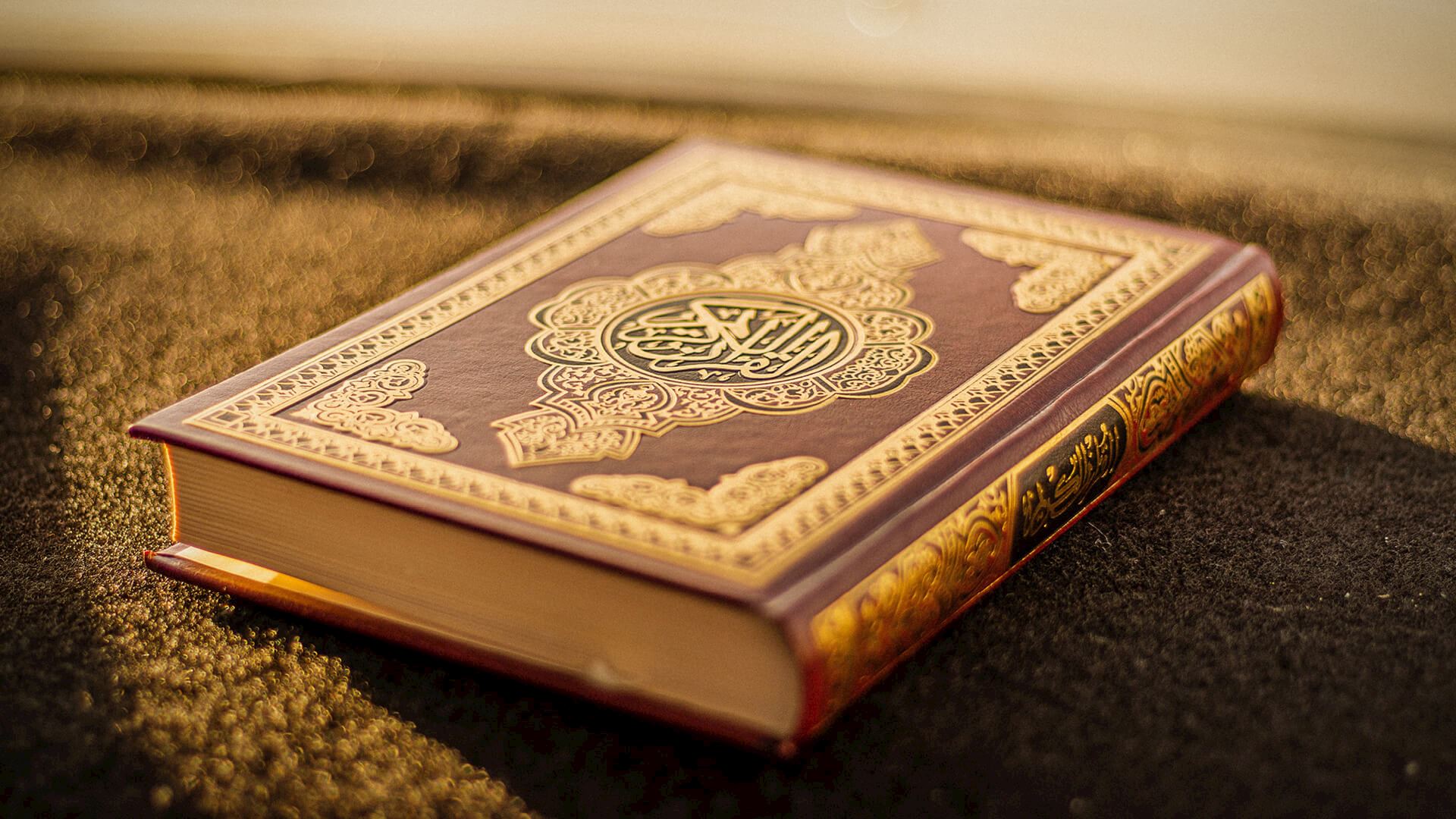
- Muslims must fast every day during Ramadan. This is the third pillar of Islam and one of the most significant acts of collective worship.
Ramadan is also the most blessed month of the year. The gates of heaven are opened during Ramadan, Allah showers His mercy upon us in abundance, and the reward for doing good is multiplied. Every year, Ramadan offers us the opportunity to purify and refresh our hearts, renew our intentions and strengthen our connection with Allah and His Book.
How is the start date of Ramadan determined?
The start time of each lunar month is the night on which the new moon is sighted. Although we can calculate in advance what the start date of Ramadan will most likely be, we won't know for certain until we have seen the new moon.
Ramadan lasts for either 29 or 30 days, ending when the next new moon has been sighted. The Messenger of Allah (saw) said, 'Observe fasting upon sighting it (the new moon) and break (fasting) on sighting it (the next new moon). But if the sky is cloudy for you, then complete the number (of thirty)'. [Muslim]
When is Ramadan 2024?
Ramadan 2024 will most likely fall at Maghrib (sunset) on 10th March 2024, with the first fasting day being 11th March 2024. Download our Islamic Calendar 2024 to see all the predicted dates for the lunar months. In as little as five simple steps, you can also sync our Digital Islamic Calendar to your Outlook or Gmail calendar for all the key dates you need.
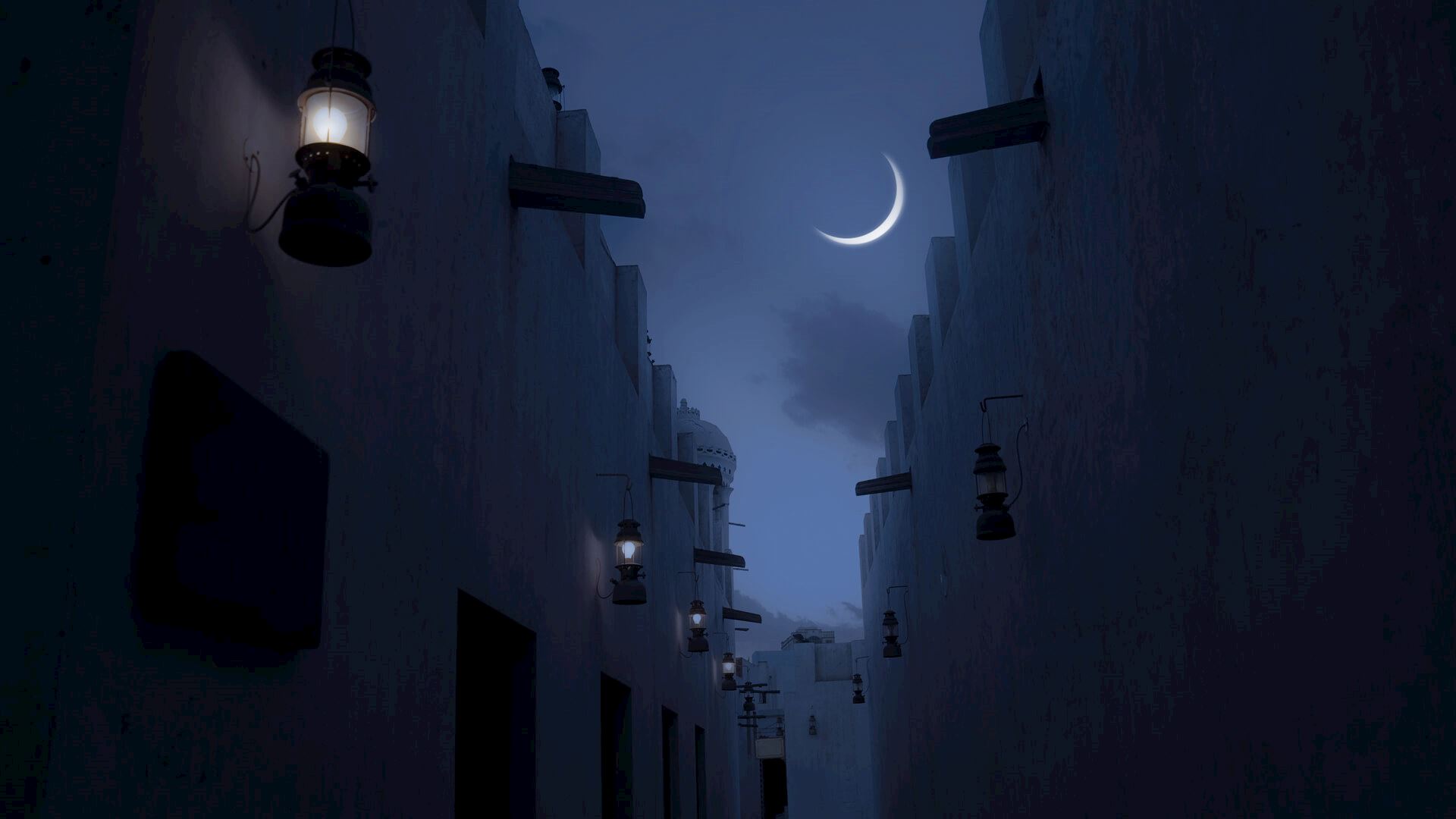
2. The purpose and benefits of Ramadan
Alhamdulillah, there are multiple benefits to the month of Ramadan and countless opportunities to gain reward. Here, we will answer your most frequently asked questions about the purpose and benefits of Ramadan.
Where is Ramadan mentioned in the Qur'an?
Ramadan is directly mentioned in the following ayah:
'The month of Ramadan is the one in which the Qur’an was revealed as guidance for mankind, and as clear signs that show the right way and distinguish between right and wrong. So whoever witnesses (the new moon of) the month, let him fast it; and whoever is ill or on a journey, then an equal number of other days (i.e. he must make up the missed fasts). Allah intends for you ease and does not intent for your hardship, and (He wants) you to complete the period and to glorify Allah for that (to) which He has guided you, and perhaps you will be grateful'. [The Noble Qur’an, 2:185]
The above ayah states that:
- Ramadan is the month of the Qur'an, and a time for glorifying Allah for His guidance
- It is obligatory to fast in Ramadan
- However, travellers and sick people can instead make up the fasts afterwards, due to Allah's mercy upon them!
- Alhamdulillah, Ramadan increases us in gratitude towards Allah
What is the reason for fasting in Ramadan?
'O you who have believed, fasting has been prescribed upon you as it was prescribed upon those before you, so that you may attain Taqwa (piety).' [The Noble Qur'an, 2:183]
From the above ayah, we can see that the main purpose of fasting is to increase our piety or consciousness of Allah. Fasting is ultimately a reiteration of our submission to Allah and a shield from displeasing Him. (Learn more about the benefits of fasting in our article: The Rewards of Fasting).
What are the first ten days of Ramadan for?
Ramadan has many benefits, one of them being that each part of Ramadan has a special purpose. The first ten days of Ramadan are the Days of Mercy, the second are the Days of Forgiveness and the Days of Protection from the Hellfire. These three matters are what many Muslims supplicate for during the blessed month.
3. Ramadan words and their definitions
What is Fidyah?
When a person has either become extremely weak due to old age, or they are suffering from an illness which prevents them from fasting, they are not obliged to fast during Ramadan. Instead, if they have the means, they must feed a person in need two meals for every day of Ramadan. This payment is called Fidyah.
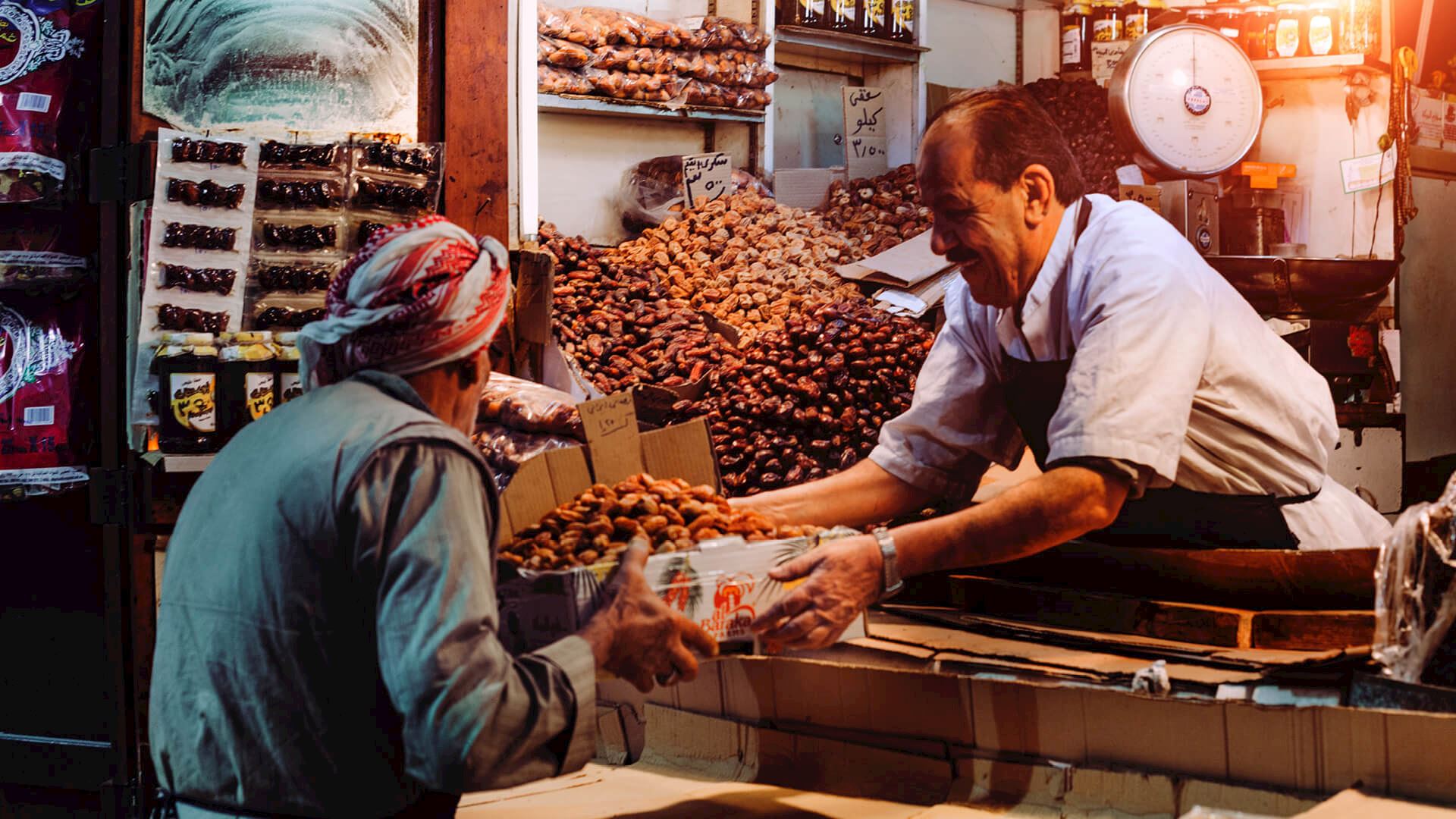
At Muslim Hands, we recommend you give £7 a day as Fidyah, as this will cover the cost of two high quality meals, to the standard we would feed ourselves. This adds up to £210 for the month of Ramadan. You can give any amount to the Fidyah Fund.
For more information, please speak to your local scholar or Imam or call our donor care team at 0115 911 7222.
What is Kaffarah?
If you break or miss a fast intentionally and without a valid reason, you must fast consecutively for 60 days. If you are unable to do this, you are required to pay the Kaffarah (expiation).
The donation will feed 60 needy people two meals. At Muslim Hands, we recommend paying £3.50 per meal, as we should feed them to the standard we would feed ourselves. This adds up to £420 per missed fast.
For more information, please speak to your local scholar or Imam or call our donor care team at 0115 911 7222.
What is sahur?
It is Sunnah to have a pre-dawn meal before you begin fasting - this is known as sahur (in Urdu, it is called sehri). Sahur is not obligatory, but it is highly recommended, even if it's just a few dates and a glass of water:
The Prophet (saw) said, 'Take sahur as there is barakah (blessing) in it'. [Bukhari]
What is iftar?
Iftar refers to the food you use to break your fast at sunset. It is Sunnah to first break your fast with dates and then pray Maghrib, so many Muslims eat their full dinner after praying Maghrib:
Anas ibn Malik (ra) said, 'The Prophet (saw) would break his fast with fresh dates before praying (Maghrib). If there were no fresh dates, then with dry dates. If there were no dry dates, then with some sips of water'. [Tirmidhi]
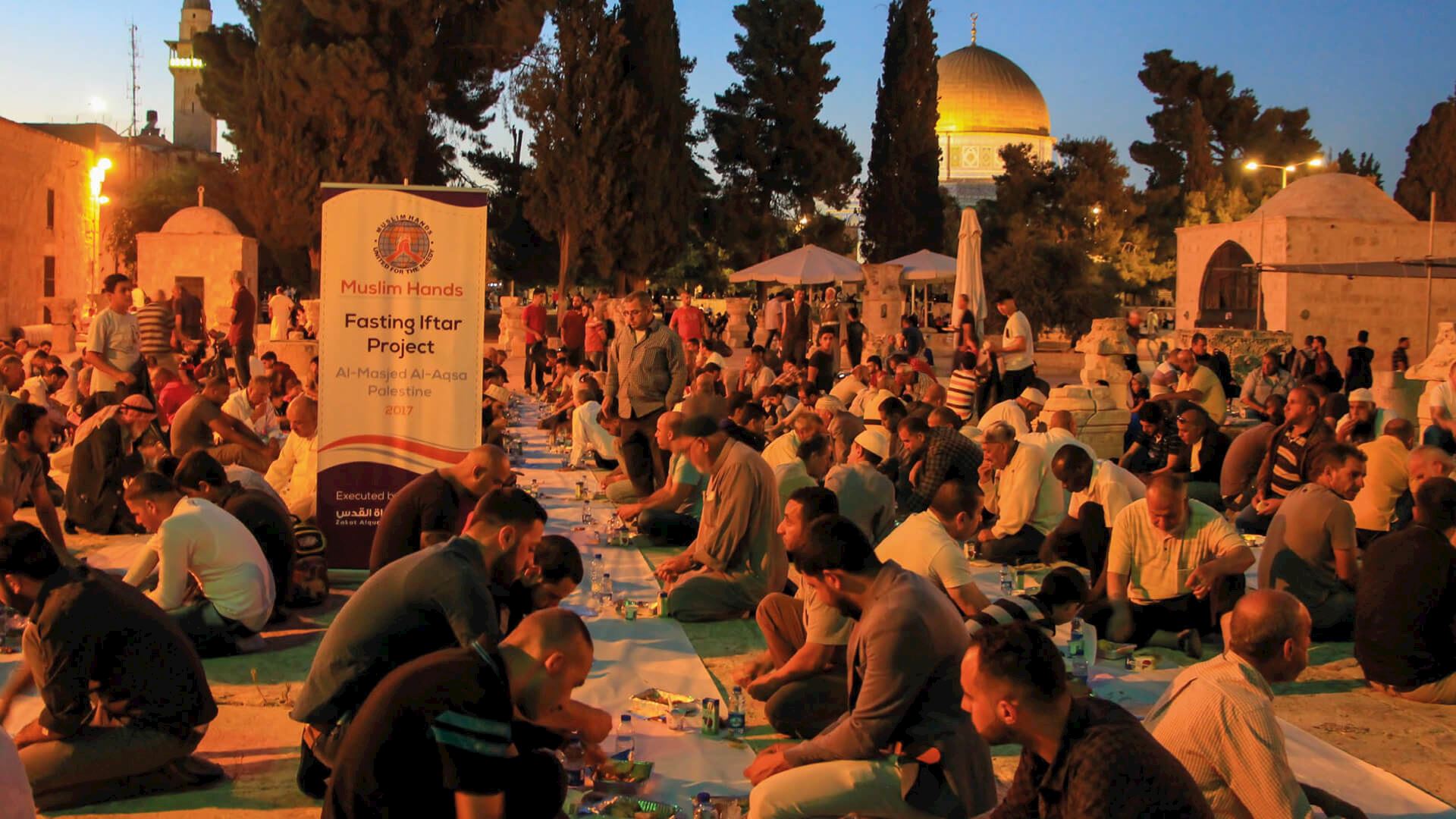
It is also Sunnah to provide iftar to other people, particularly those who are unable to afford food. The Prophet (saw) said, 'Whoever gives iftar to one who is fasting will have a reward like his, without that detracting from the reward of the fasting person in the slightest'. [Tirmidhi]
What is Tarawih?
Tarawih is a Sunnah night prayer performed only in Ramadan. It is voluntary and is prayed after the 'Isha prayer, usually in congregation, though many people pray it individually in their own homes. It consists of at least 8 raka'at (units of prayer), but most masjids will pray 20 raka'at, as this was the practice of the Sahabah.
Traditionally, Muslims recite one Juz during each night of Tarawih prayer. They will thus recite all 30 Juz of the Qur'an across Ramadan.
What is the Night of Power in Ramadan?
The BEST night of the entire year takes place in Ramadan. This is known as Laylat al-Qadr, The Night of Power (sometimes referred to as The Night of Decree or The Night of Destiny'. Surah Qadr mentions the status and blessings of this night:
'Indeed, We sent it (the Qu'ran) down during The Night of Power. And what can make you know what The Night of Power is? The Night of Power is better than a thousand months! The angels and the Spirit (i.e. Jibril) descend therein, by permission of their Lord, for every matter. Peace it is until the rising of the dawn'. [The Noble Qur'an, 97:1-5]
Laylat al-Qadr is the night on which the first verses of the Qur'an came down to us - and it is essential to commemorate this day every year! Its exact date is unknown, so Muslims are encouraged to seek out its blessings on every night of Ramadan, in particular the last ten nights:
The Prophet (saw) said, 'Look for Laylat al-Qadr in the last ten nights of the month of Ramadan’. [Bukhari]
Due to other narrations, we believe it is most likely on one of the odd nights in the last ten nights of Ramadan, with many scholars placing special emphasis on the 27th night. Of course, Allah knows best, and the ultimate benefit of not knowing is that Muslims will often choose to spend ALL ten nights in intense worship, drawing closer to their Lord, in sha' Allah!
This worship includes standing in prayer, reciting Qur'an, doing dhikr, participating in Islamic gatherings and giving charity. (Check out our handy tool, The Best 10 Nights, if you would like to automate your charity over the last ten nights so you don't miss Laylat al-Qadr!)
What is Eid al-Fitr?
The lunar month following Ramadan is called Shawwal. The first day of Shawwal is also known as Eid al-Fitr. This is a holiday, a festival and a celebration for Muslims.
So how do Muslims celebrate Eid? In the morning, we make ghusl (a ritual bath) and put on new clothes. We give Zakat al-Fitr (see definition below) before attending the masjid for a congregational Eid prayer. We greet other Muslims with salaam (peace) as well as a supplication that their efforts during Ramadan were accepted by Allah.
It is traditional to give small gifts to each other, especially to children - these could be sweets, toys or even money. It is also traditional for families to meet up with each other to spend the blessed occasion with each other.
To learn more, please refer to our article about the Sunnah of Eid al-Fitr, as well as the hadith about the night and day of Eid.
What is Zakat al-Fitr?
Zakat al-Fitr (also known as Fitrana) is a form of charity given to the poor at the end of Ramadan.
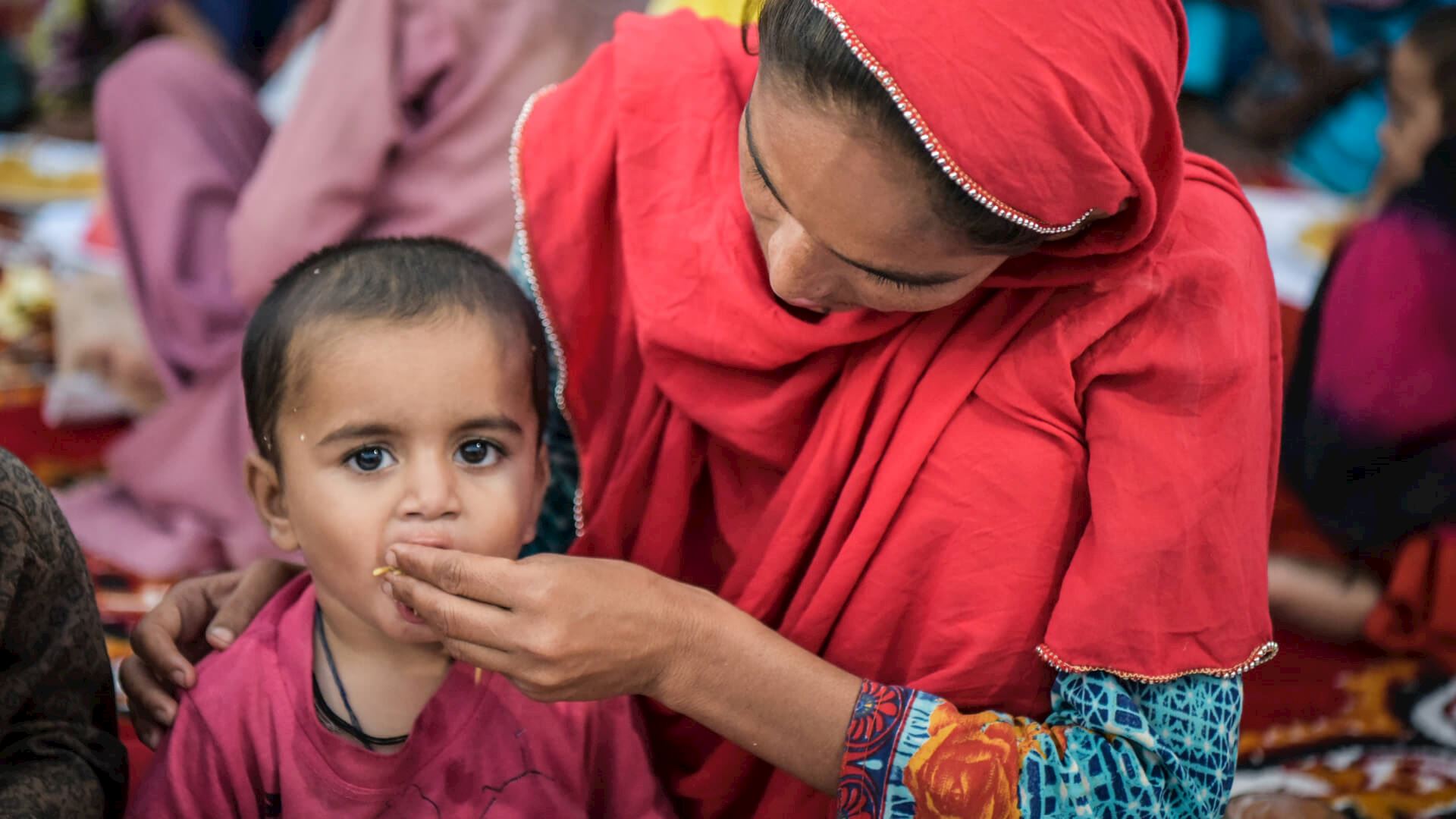
Abdullah ibn Abbas (ra) said, 'The Messenger of Allah (saw) prescribed the Zakat al-Fitr as a purification of the fasting person from empty and obscene talk and as food for the poor. If anyone pays it before the prayer (of Eid), it will be accepted as Zakat. If anyone pays it after the prayer, that will be a Sadaqah like other Sadaqahs'. [Abu Dawud]
It is obligatory to give Zakat al-Fitr before the Eid prayer, to provide impoverished families with food on the day of Eid. This way, the entire community shares the blessings of this special day! Zakat al-Fitr is due on every member of a household, including any children or elderly persons.
If you have any further questions, please call our donor care team at 0115 711 9222.
Muslim Hands is an award-winning charity, established in 1993 to help those needing emergency relief and tackling the root causes of poverty. We hope this article was helpful to you - please share with family, friends and colleagues, to answer their questions about the blessed month of Ramadan!






